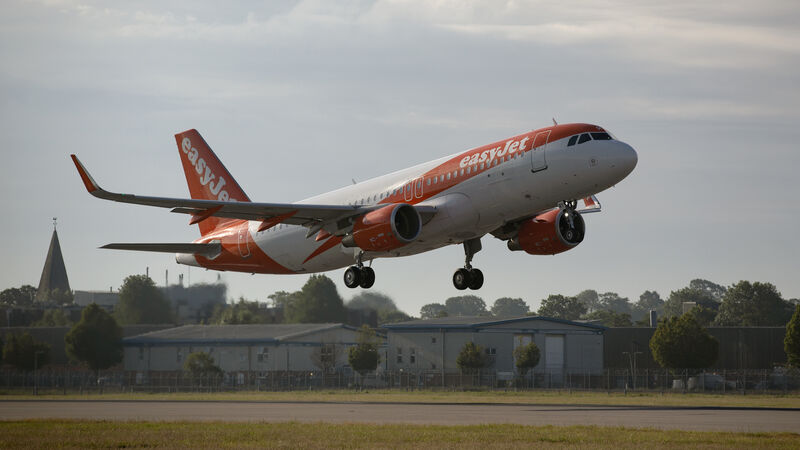EasyJet shares rise 8% on bookings despite coronavirus crisis

Airline EasyJet plans to fly at 40% of its capacity over the rest of the summer thanks to stronger than expected bookings despite continuing pandemic uncertainty. Its shares rose 8%.
A tentative return to air travel in Europe from mid-June after a three-month pause brought airlines to their knees has been threatened by a fresh rise in Covid-19 cases, with the UK already reintroducing travel restrictions to Spain.














